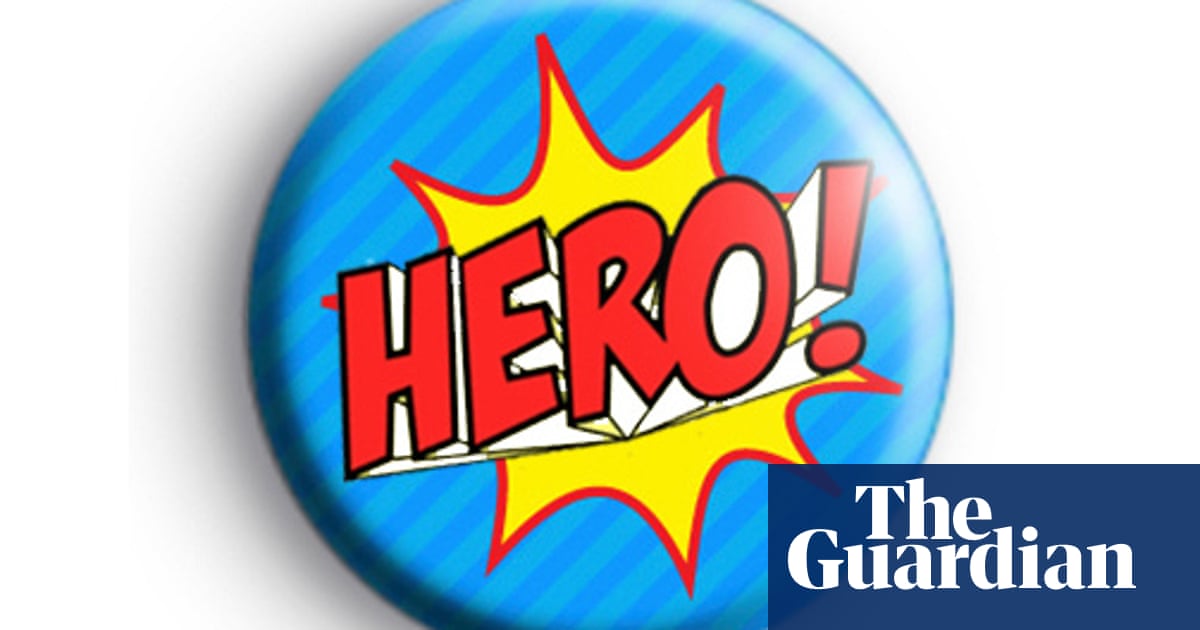
At the shops, my boyfriend collided with a physically imposing man with the smell of alcohol on his breath, who had cut up the one-way system guiding customers around thin aisles. “He wasn’t wearing a mask, and I didn’t say anything,” my boyfriend lamented. “I didn’t want a fight.”
Faced with the choice of fight or flight, we all like to imagine being a hero. I tend towards de-escalation, but I’ve had my moments: bursts of courage erupting from outrage (which woman hasn’t shoved away a grabby man harassing a friend?), or an overwhelming instinct to protect (I reached a level of crazed I can only describe as “Jack Nicholson when his hair has started to stand” at an old bully boss of my mum’s. All I remember is repeatedly shouting: “I have nothing better to do than see you fired, pal!”, thereby turning my own unemployment into a threat).
But whether these instinctual responses truly counted as “fight or flight”, I cannot be sure. Strangely, perhaps the truest instance took place at a bizarre company awayday, during a zombie survival game. My friend and I had progressed through the maze, despite the sirens, periodical darkness and actors dressed as zombies shaking us up. But when, on the final stretch, we found ourselves surrounded, something new took over: self-preservation. I yanked my hand away from my friend and ran, legs pumping, to the finish line. I won the game. But I also let my friend get eaten.
Back to the shop. I told my boyfriend he can’t fight every battle; that even if he wanted to, the body wouldn’t allow it, choosing its own hardwired response. Besides, protecting others is rarely about grand shows of bravery. Rather, it is the commitment of small, disaster-diverting acts. It’s just as they say: not all heroes wear capes. But they definitely wear masks.
from Lifestyle | The Guardian https://ift.tt/2XEZCLZ
via IFTTT

comment 0 Comment
more_vert